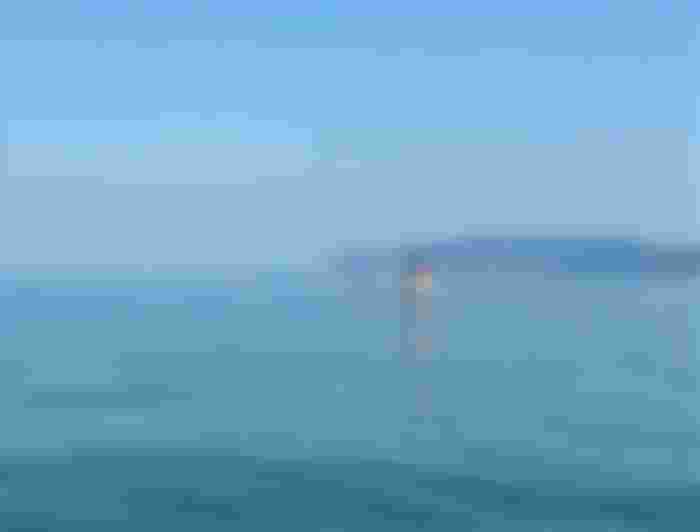Reasons why sky's changes its color
Why does the color of the sky change? Why is the sky blue during the day, red at sunrise and sunset, and pitch black at night?
I'll begin with the straightforward portion of this inquiry. At night, the sky is pitch black due to the absence of light. That is sufficient.

How comes the sky blue during the day? To put it simply, air is not completely transparent. If the air were completely transparent, the sun would appear bright during the day, and it would illuminate the objects on which it fell, but the sky would be pitch black. This is precisely what occurs when you view a lamp post at night: the light appears brilliant, but the darkness beyond and around it is visible. This is due to the fact that air is practically transparent at close range.
However, sunlight must travel through miles of air, which is far enough that you can see through it. A small amount of it is scattered, and blue light is scattered more than other colors. Thus, while the majority of the sun's colors travel in a straight line to us, some of the blue bounces around and approaches us from multiple directions. "Blue emanating from numerous directions" is a euphemism for "the sky is blue."

What about dawn and dusk? When the sun is at a low angle, the light's path to us is not simply a dozen miles, but several hundred miles. Thus, rather than distributing a small amount of blue, nearly all of the blue is distributed. When there is no blue in the sky, the sun appears yellow or even orange. However, if there are no clouds, the sky above you will remain blue! Sunlight streaking high over your head that has not traveled as far through the atmosphere still contains a significant amount of blue that can be scattered.

The reason dawn and sunset occasionally colorize a large portion of the sky is because the sun's orange light strikes clouds, reflecting the orange light back to us. Because the clouds are considerably lower than the upper atmosphere, which still scatters blue light, the orange sun illuminates the clouds. Orange clouds against a blue sky can be quite striking.
In some locations, the air contains sufficient particulates that, even in the absence of clouds, the sky can seem orange when the sun is low, due to the particles reflecting the orange light. The sky can take on a range of colors depending on the time of day in highly polluted areas or during a volcanic eruption.
Thankyou for reading, I hope to see you at comment box for any suggestion to improve my writing and style.



Oh so everything is just a reflection with the help of air. This is the only time I found this out, thanks to you.